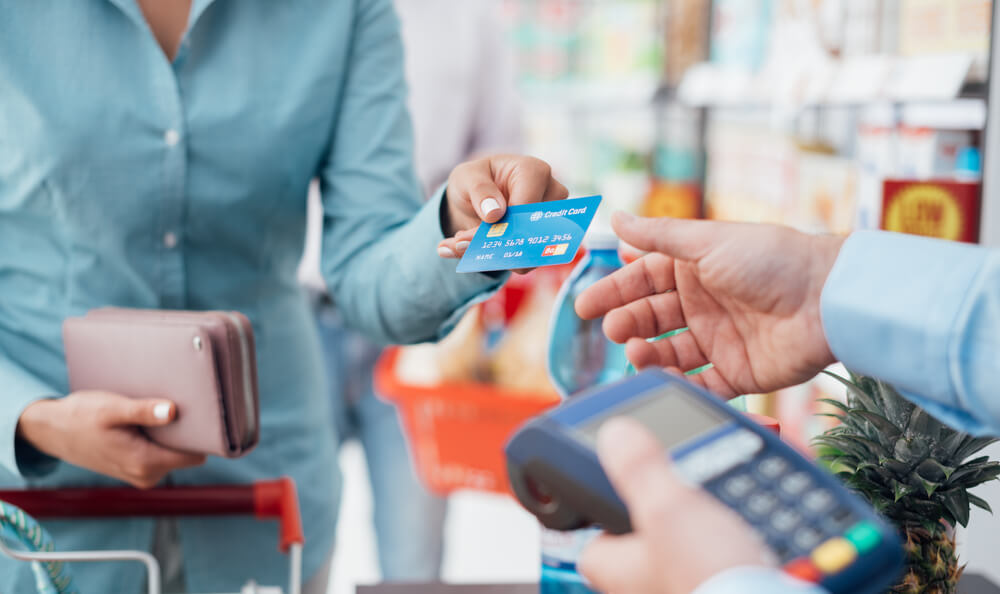I really think I’d commit murder for a Whataburger and a cold Dr. Pepper over ice right about now. And I don’t know that any judge or jury would convict me. I really think they’d understand. They’d have to.
I can’t help it. Cabin fever is setting in. As I mentioned earlier this month, I’ve been stuck in rural Peru for three weeks now, under martial law and unable to leave the country. More than that, I haven’t been able to leave my in-laws’ house. If I did, I’d have nowhere to go. The airport is closed, and the army is patrolling the streets. Fun times.
My situation is better than most. My kids have acreage to run on, and my father in law has a refrigerator full of beer. And I’ve been eating well. Peruvian food is excellent, and I highly recommend it. Peru rightly deserves to be included in the prestigious list of “food countries.”
But I want a greasy cheeseburger, and I want to wash it down with a cold Dr. Pepper over crushed ice. I want it so bad it hurts.
I’ll get my cheeseburger. Eventually. But as I ponder this, I wonder how the world will be different once this is all over. I assume wearing masks while traveling or even around town won’t be considered strange anymore. We all used to giggle at Japanese travelers wearing masks on planes. I think it’s safe to say we’re all Japanese now.
But let’s think bigger picture. What industries will come out of this stronger? Which ones will have a setback but ultimately recover? And which ones might be toast?
I will warn you that my judgment might be clouded by my endless daydreaming about greasy Texas cheeseburgers. But let’s look at a few scenarios.
Retail Stocks
I don’t often go to the mall. I tend to avoid them like the plague. But that’s nothing new. I will dislike the mall no more post-coronavirus than I did before.
I’m not alone. Americans are doing more and more of their shopping online. The coronavirus outbreak didn’t cause this shift, but it certainly helped to accelerate it. Once you get used to having packages magically appear on your doorstep, driving to a store feels cumbersome and inconvenient.
So, a lot of the market share gains by Amazon.com Inc. (Nasdaq: AMZN) and others will likely be permanent once this is over.
Digging deeper, America is “over-retailed” with roughly five times the amount of store square footage per capita than the United Kingdom and six times the store square footage of France.
Americans like their space, and our cities are less densely populated. So, it makes sense that we have a lot more square footage. But five times more?
But you can’t buy everything online, nor would you want to. We still need stores for showrooms and for services. I can’t order a haircut or a tooth filling from Amazon, after all.
But at the margin, this means less demand for malls and for big-box retail properties. I mentioned over the weekend that I liked REITs at current prices. But I’m sticking with high-traffic retail like convenience stores and pharmacies and steering clear of malls.
I also have no plans to buy the dip in department store stocks. Best in class department stores like Nordstrom (NYSE: JWN) will survive and thrive, even if it takes them a while to recover.
But there were plenty of retailers that barely escaped the last recession intact, and it’s hard to see them surviving this one. I think it’s safe to assume JC Penny (NYSE: JCP) is toast. It’s hard to believe, but Sears still has nearly 200 open stores. It’s hard to see those surviving. Research site Macroaxis puts the probability of Dillard’s (NYSE: DDS) coming under financial distress at about 27% and Kohl’s (NYSE: KSS) at 42%. But this was based on company data before the coronavirus crisis hit. You can bet those numbers will look bigger once new quarterly data comes in.
Restaurant Stocks
Back in 2008, during the last recession, I wrote that fast-casual dining would continue to take market share from suburban chain restaurants. That really hasn’t changed, and it’s only been accelerated with the rise of smartphones. If you’re on a date or a business meeting, you want a proper meal at a sit-down restaurant. But if it’s just a bang-it-out-in-a-hurry lunch, grabbing a Chipotle burrito is so much less of a hassle, and even more so if you pre-order on your phone.
Once life gets back to normal, the restaurants that were conservatively financed and generally doing well pre-crisis should do just fine post-crisis. They will have to tap credit lines and might have to shelve expansion plans for a few quarters. But it’s hard to imagine a lot of permanently shuttered Starbucks (Nasdaq: SBUX) or McDonald’s (NYSE: MCD) locations. Americans love eating out, and that isn’t changing.
But the chains that were treading water before the crisis are going to have problems. I wouldn’t try to bottom fish in Brinker International (NYSE: EAT) or Darden Restaurants (NYSE: DRI) just yet.
Travel Stocks
If the lockdowns were to end tomorrow … would you take a cruise?
I wasn’t the biggest fan of cruise travel before all hell broke loose. I’m complaining about cabin fever while on a farm with my family, so you can imagine that for me the idea of being stuck on a boat with people I don’t know just isn’t very appealing. So, maybe I’m not the ideal customer.
But after seeing headlines about “death ships” and seeing cruise ships stuck at sea for weeks due to virus outbreaks, I have a feeling a lot of would-be cruise passengers will opt to do something else with their vacation time. It may be years before cruise demand returns to pre-crisis levels … if it ever returns.
It’s going to be a long road to recovery for the airlines too. To start, there will be lingering virus fear that keeps some passengers away. But add the fact that travel falls in a recession when people are out of work and companies are cutting travel to eliminate costs, and you have the roadmap for a slow recovery. So, I wouldn’t be bottom fishing in the airlines just yet either.
Speaking of air travel, I’d appreciate it if any of you could do me a solid and airlift a couple Whataburger cheeseburgers to Peru …
• Money & Markets contributor Charles Sizemore specializes in income and retirement topics, and is a frequent guest on CNBC, Bloomberg and Fox Business.
Follow Charles on Twitter @CharlesSizemore





